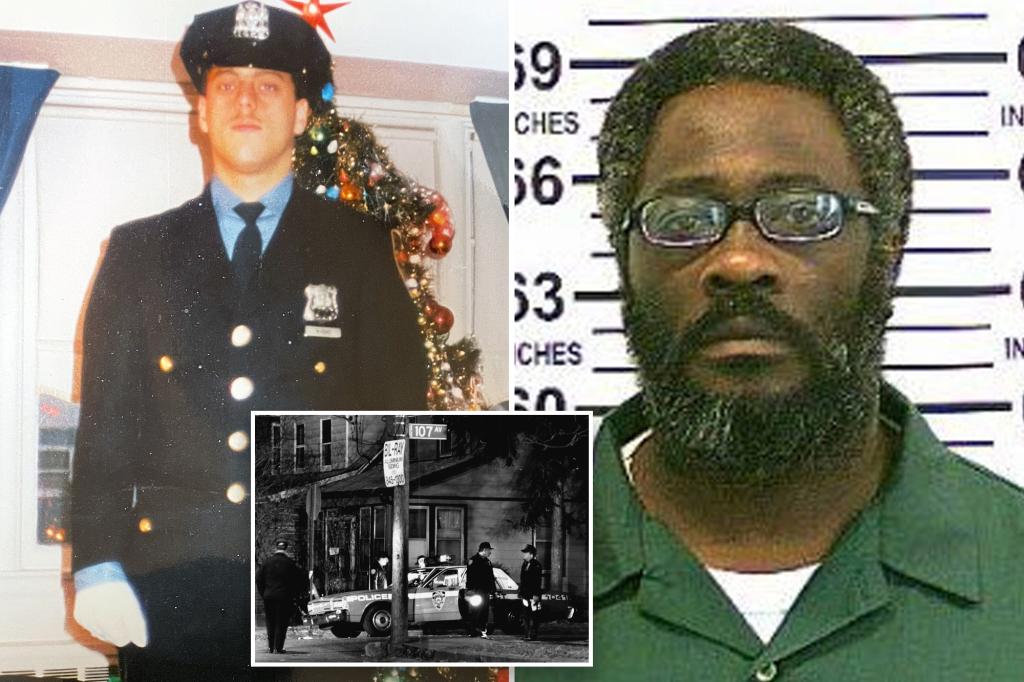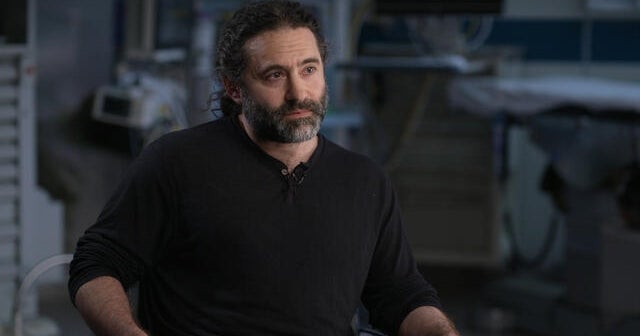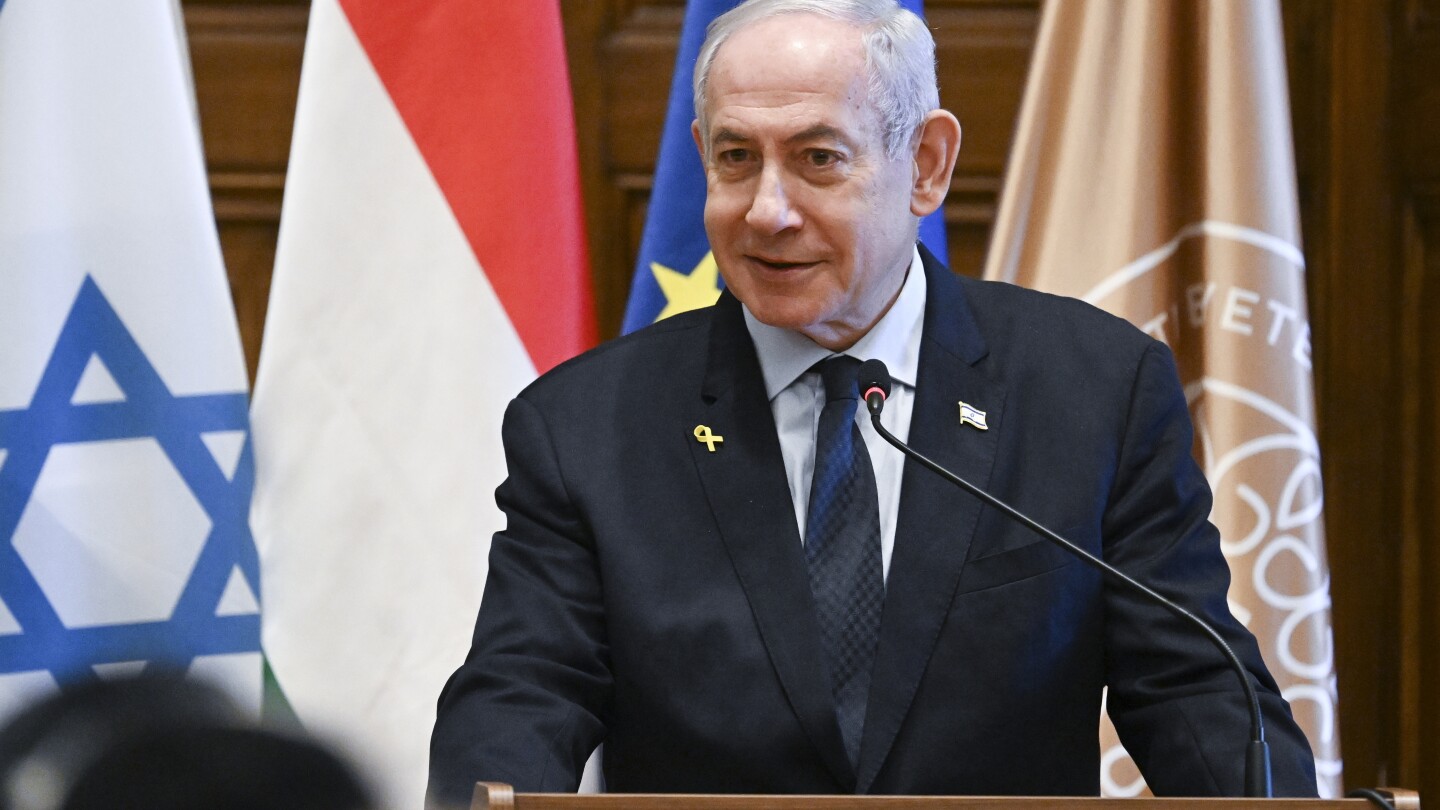The Battle for Justice: A Brother’s Fight to Keep a Cop Killer Behind Bars
For over a decade, Michael Carter has waged a relentless campaign to ensure his brother’s killer, convicted cop murderer Marcus Dewayne, remains imprisoned. The case, which shocked a small Ohio community in 2011, resurfaces as Dewayne becomes eligible for parole. Carter’s fight underscores the enduring pain of victims’ families and the complexities of justice in America’s legal system.
A Crime That Shook a Community
On a frigid November night in 2011, Officer Daniel Carter responded to a routine disturbance call in Toledo, Ohio. Within minutes, the situation escalated into a violent confrontation, ending with Dewayne shooting Carter point-blank. The 32-year-old officer, a father of two, died en route to the hospital. Dewayne, then 24, was apprehended after a citywide manhunt and later sentenced to life without parole—a ruling now under review.
“Daniel was my hero long before he put on the badge,” Michael Carter recalls, his voice steady but strained. “Losing him shattered our family. Now, facing the possibility of his killer walking free? It’s like reliving the nightmare.”
The Legal and Emotional Battle for Parole Denial
Ohio’s parole board, which reevaluates life sentences every five years, will hear Dewayne’s case next month. Michael has mobilized support through petitions, town halls, and media appearances, arguing that Dewayne’s release would endanger the community and dishonor his brother’s sacrifice. His efforts highlight a broader national debate about parole standards and victims’ rights.
- Parole statistics: Only 18% of eligible cop killers are granted parole in Ohio, per 2022 Department of Justice data.
- Recidivism risks: A 2020 Bureau of Justice study found violent offenders reoffend at 44% within five years of release.
However, criminal justice reform advocates urge reconsideration. “Punishment must allow for redemption,” argues Dr. Lena Whitmore, a criminologist at Howard University. “While the crime was horrific, rehabilitation metrics should weigh equally with retribution.”
The Human Cost of Delayed Closure
For Michael, the cyclical parole hearings reopen wounds. “Every five years, we’re forced to defend Daniel’s memory,” he says. The family’s trauma mirrors a national pattern: a 2021 Pew Research study found 63% of victims’ families report prolonged distress due to parole processes.
Meanwhile, Dewayne’s supporters, including his sister Tanya, claim he’s a changed man. “Marcus mentors younger inmates and earned a theology degree,” she says. “He deserves a second chance.”
What’s Next in the Fight for Justice?
As the parole hearing looms, Michael’s coalition gains momentum. Over 15,000 signatures back his petition, and the Toledo Fraternal Order of Police has pledged legal support. Yet, the outcome remains uncertain. Ohio’s governor retains override authority, adding another layer to the battle.
This case forces society to confront difficult questions: When does justice end? Who decides when punishment is enough? For now, Michael’s resolve is unwavering. “I’ll fight until my last breath,” he vows. “Daniel’s legacy depends on it.”
To support Michael Carter’s campaign, visit JusticeForDaniel.com or attend the parole board hearing on October 17 in Columbus, Ohio.
See more ABC News Feed



